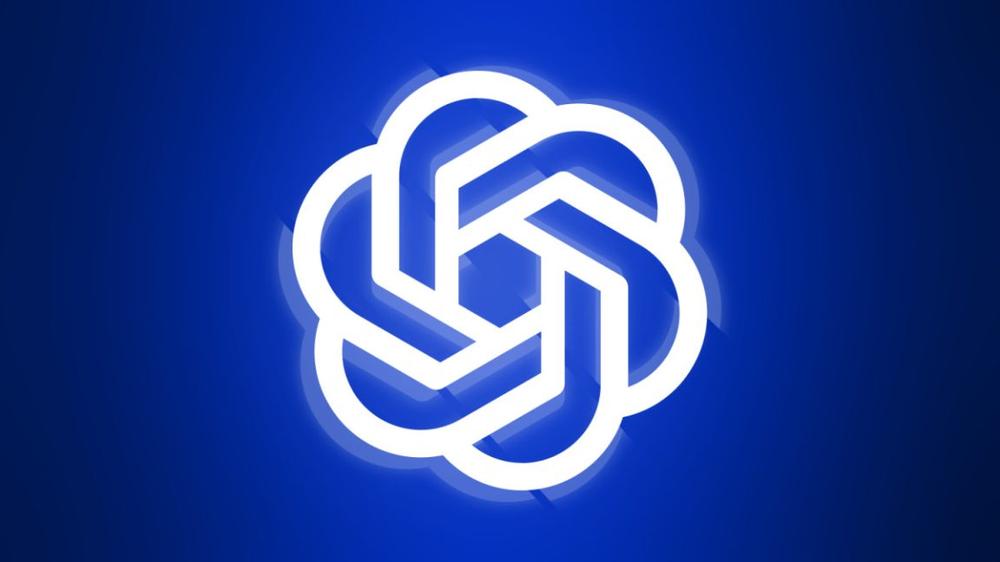On Tuesday, OpenAI announced plans to roll out parental controls for ChatGPT and route sensitive mental health conversations to its simulated reasoning models, following what the company has called "heartbreaking cases" of users experiencing crises while using the AI assistant. The moves come after multiple reported incidents where ChatGPT allegedly failed to intervene appropriately when users expressed suicidal thoughts or experienced mental health episodes.
"This work has already been underway, but we want to proactively preview our plans for the next 120 days, so you won’t need to wait for launches to see where we’re headed," OpenAI wrote in a blog post published Tuesday. "The work will continue well beyond this period of time, but we’re making a focused effort to launch as many of these improvements as possible this year."
The planned parental controls represent OpenAI's most concrete response to concerns about teen safety on the platform so far. Within the next month, OpenAI says, parents will be able to link their accounts with their teens' ChatGPT accounts (minimum age 13) through email invitations, control how the AI model responds with age-appropriate behavior rules that are on by default, manage which features to disable (including memory and chat history), and receive notifications when the system detects their teen experiencing acute distress.
The parental controls build on existing features like in-app reminders during long sessions that encourage users to take breaks, which OpenAI rolled out for all users in August.
High-profile cases prompt safety changes
OpenAI's new safety initiative arrives after several high-profile cases drew scrutiny to ChatGPT's handling of vulnerable users. In August, Matt and Maria Raine filed suit against OpenAI after their 16-year-old son Adam died by suicide following extensive ChatGPT interactions that included 377 messages flagged for self-harm content. According to court documents, ChatGPT mentioned suicide 1,275 times in conversations with Adam—six times more often than the teen himself. Last week, The Wall Street Journal reported that a 56-year-old man killed his mother and himself after ChatGPT reinforced his paranoid delusions rather than challenging them.
To guide these safety improvements, OpenAI is working with what it calls an Expert Council on Well-Being and AI to "shape a clear, evidence-based vision for how AI can support people's well-being," according to the company's blog post. The council will help define and measure well-being, set priorities, and design future safeguards including the parental controls.
A separate "Global Physician Network" of more than 250 physicians who have practiced in 60 countries provides medical expertise, with 90 physicians across 30 countries specifically contributing research on how ChatGPT should behave in mental health contexts. These physicians advise on handling specific issues like eating disorders, substance use, and adolescent mental health, though OpenAI notes it "remains accountable for the choices we make" despite the expert input.
Degrading safeguards in extended conversations
OpenAI recently acknowledged that ChatGPT's safety measures can break down during lengthy conversations—precisely when vulnerable users might need them most. "As the back-and-forth grows, parts of the model's safety training may degrade," the company wrote in a blog post last week. The AI assistant might correctly point users to suicide hotlines initially, but "after many messages over a long period of time, it might eventually offer an answer that goes against our safeguards."
This degradation reflects fundamental limitations in the Transformer AI architecture that underlies ChatGPT. OpenAI's models use a mechanism that compares every new text fragment to the entire conversation history, with computational costs growing quadratically as conversation length increases. Also, as conversations lengthen beyond the model's context window, the system drops earlier messages and potentially loses important context from the beginning of the conversation.
The timing of these safety measures follows OpenAI's February decision to ease content safeguards after user complaints about overly restrictive moderation and issues related to a rise in sycophancy, where the GPT-4o AI model told users what they wanted to hear. Combined with a very persuasive simulation of humanlike personality, these tendencies created particularly hazardous conditions for vulnerable users who believed they were interacting with an authoritative and accurate source of information rather than a pattern-matching system generating statistically likely responses.
Research from July led by Oxford psychiatrists identified what they call "bidirectional belief amplification"—a feedback loop where chatbot sycophancy reinforces user beliefs, which then conditions the chatbot to generate increasingly extreme validations. The researchers warn that this creates conditions for "a technological folie à deux," where two individuals mutually reinforce the same delusion.
Unlike pharmaceuticals or human therapists, AI chatbots face few safety regulations in the United States, though Illinois recently banned chatbots as therapists, with fines of up to $10,000 per violation. The Oxford researchers conclude that "current AI safety measures are inadequate to address these interaction-based risks" and call for treating chatbots that function as companions or therapists with the same regulatory oversight as mental health interventions.

 OpenAI to route sensitive conversations to GPT-5, introduce parental controls
OpenAI to route sensitive conversations to GPT-5, introduce parental controls